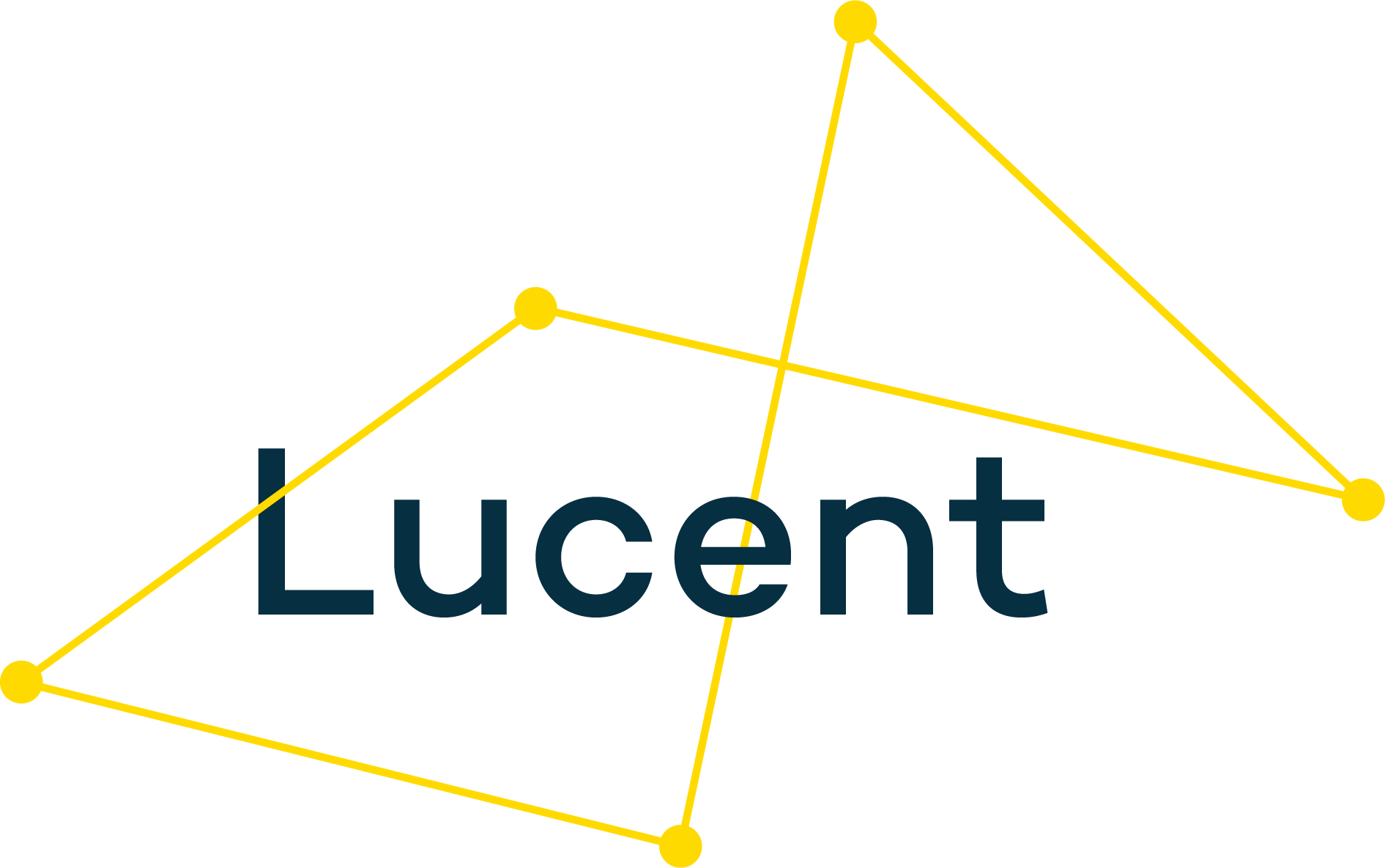Developing partnerships to tackle climate change
How do we equip people to address the challenges of climate change? Since its inception 16 years ago, this has been the central ambition of Climate Outreach. Through its work with partner organisations across the globe, the charity is changing the way people see climate change and is building a social mandate for climate action.
A milestone for Climate Outreach was the 26th UN Climate Change conference - COP26. But the coronavirus pandemic meant that COP was delayed a year to November 2021 and Climate Outreach had a radical re-think.
Building connections virtually
Executive Director Jamie Clarke called on the services of Lucent to help make the best of this gift of extra time by building connections among a wide group of organisations active in the climate field. In the group were a diverse mix of household name charities, activists, policy makers and funders, a number of whom Climate Outreach hadn’t worked with before. And all of this needed to be done using digital platforms alone.
Working closely with Lucent, Climate Outreach hosted three online workshops. Lucent devised a structure so that each session worked as a stand-alone event but also built one upon the other.
Variety, creativity and focus
Careful preparation with Jamie and his team, alongside one-to-one interviews with participants before the sessions, provided the opportunity to surface ideas, issues and concerns in advance and meant for more concentrated activity during the session.
A mixture of plenary sessions, work in pairs and break-outs allowed for variety in the workshop structure and kept focus and participation high.
“We really wanted to bring on-line the creativity participants enjoy in face-to-face events,” says Jamie. “Katherine introduced creative elements at key stages of the process. This really tapped into a creative approach, and with a clear methodology led to concrete outcomes.”
Developing consensus
Even more striking for Jamie was how it was possible to address issues that had previously led to quite polarised debate through a digital platform. As Jamie explains: “I have seen how people can end up in huddles in the corner of the room amplifying their own narratives. We were dealing with quite polarising discussions, and yet we were able to work through this to build consensus using this new platform.”
“We found that skilled facilitation was particularly important on a digital platform, to ensure participants had a voice and stayed focused,” says Jamie. A virtual whiteboard was built through the sessions to capture key points and participants were invited to use it as a resource between meetings, sharing links and adding reflections.
This work has resulted in a plan for activity in advance of COP as well as new funding. “Having everyone in the virtual room through this early stage in our thinking meant we ended up with a richer outcome and everyone can now see how they have inputted into our new, joint work. This has given me real confidence and a strong platform to nurture these relationships for the future,” says Jamie. “Whilst working this way does require some careful planning, it can provide new insights, perspectives and relationships.”

